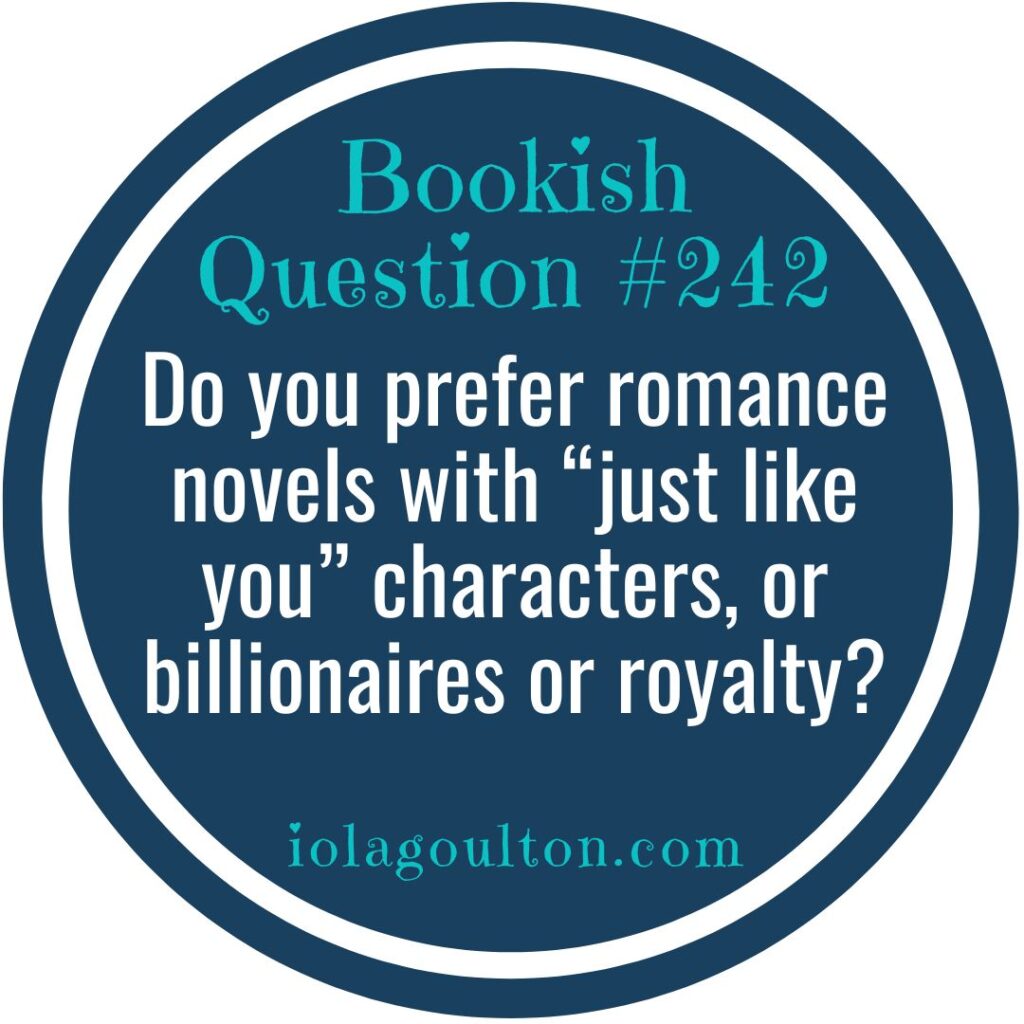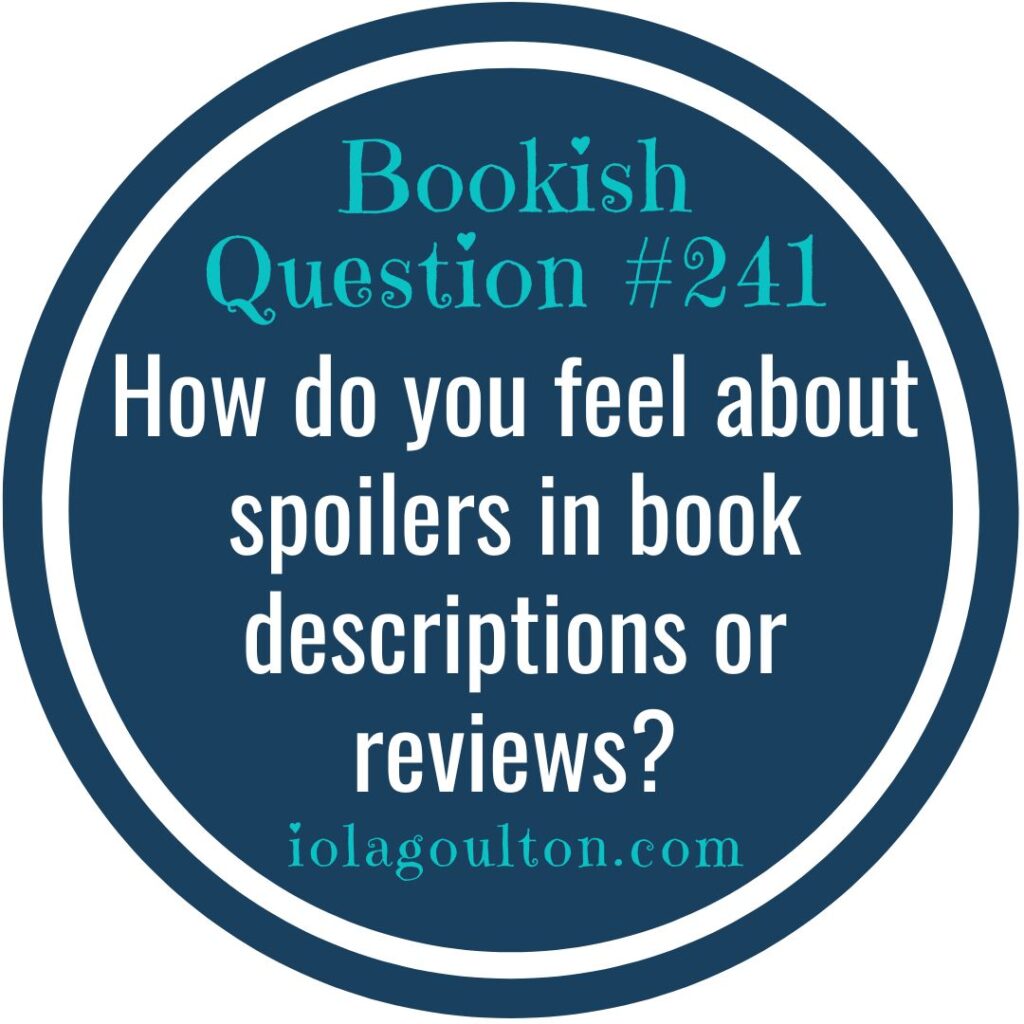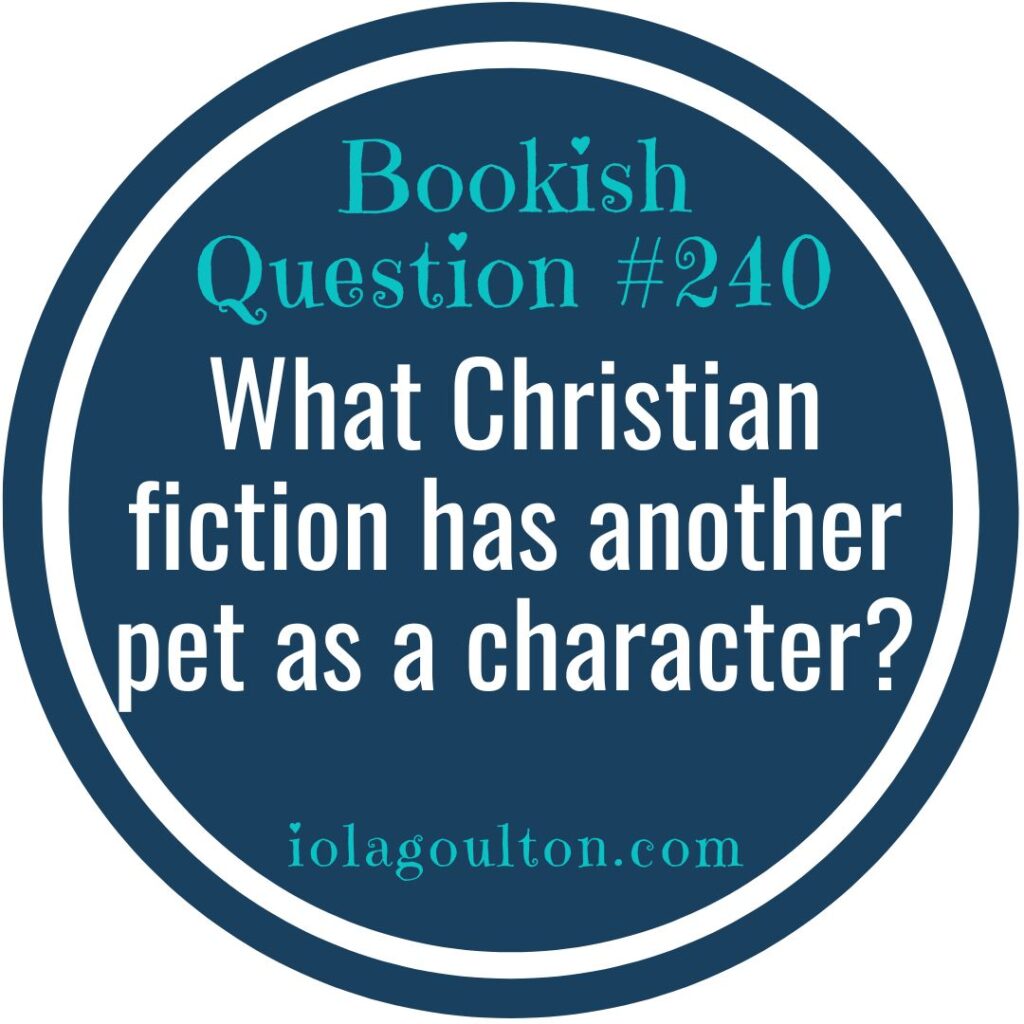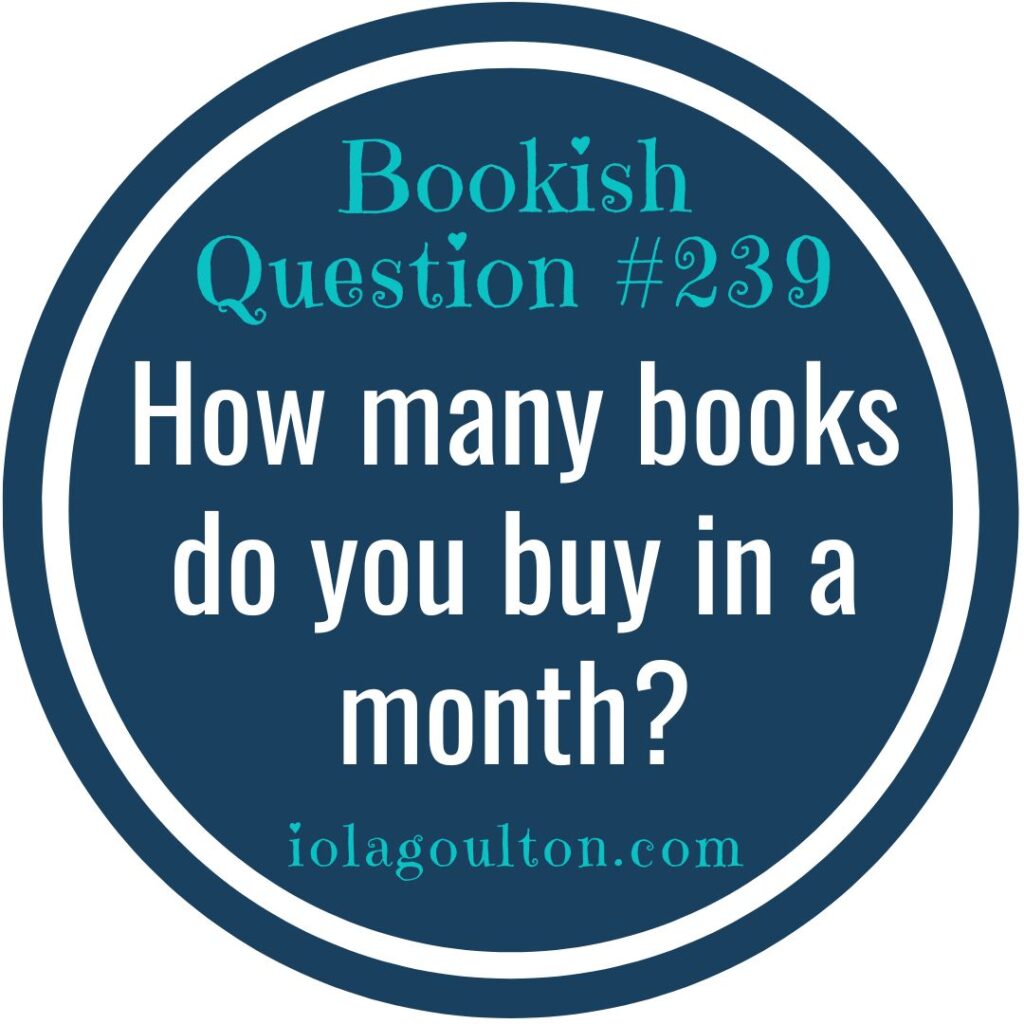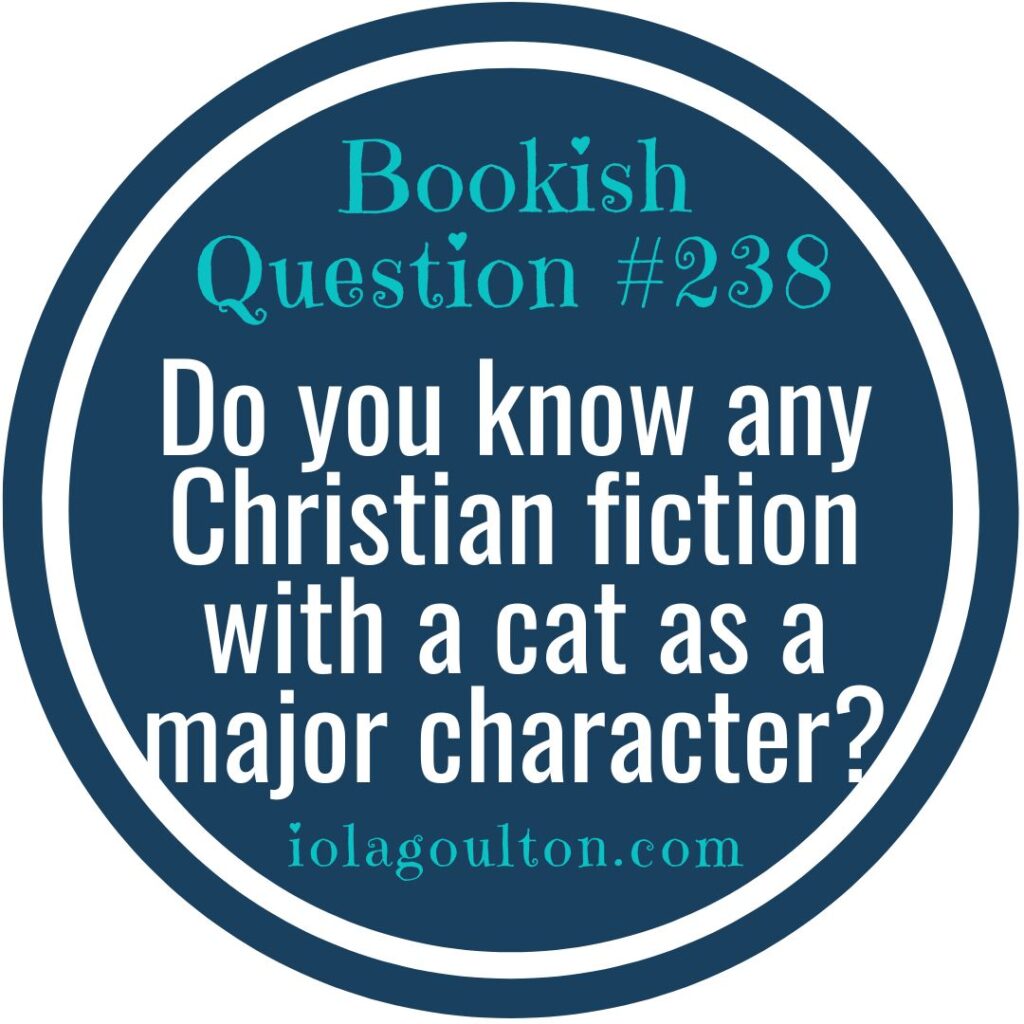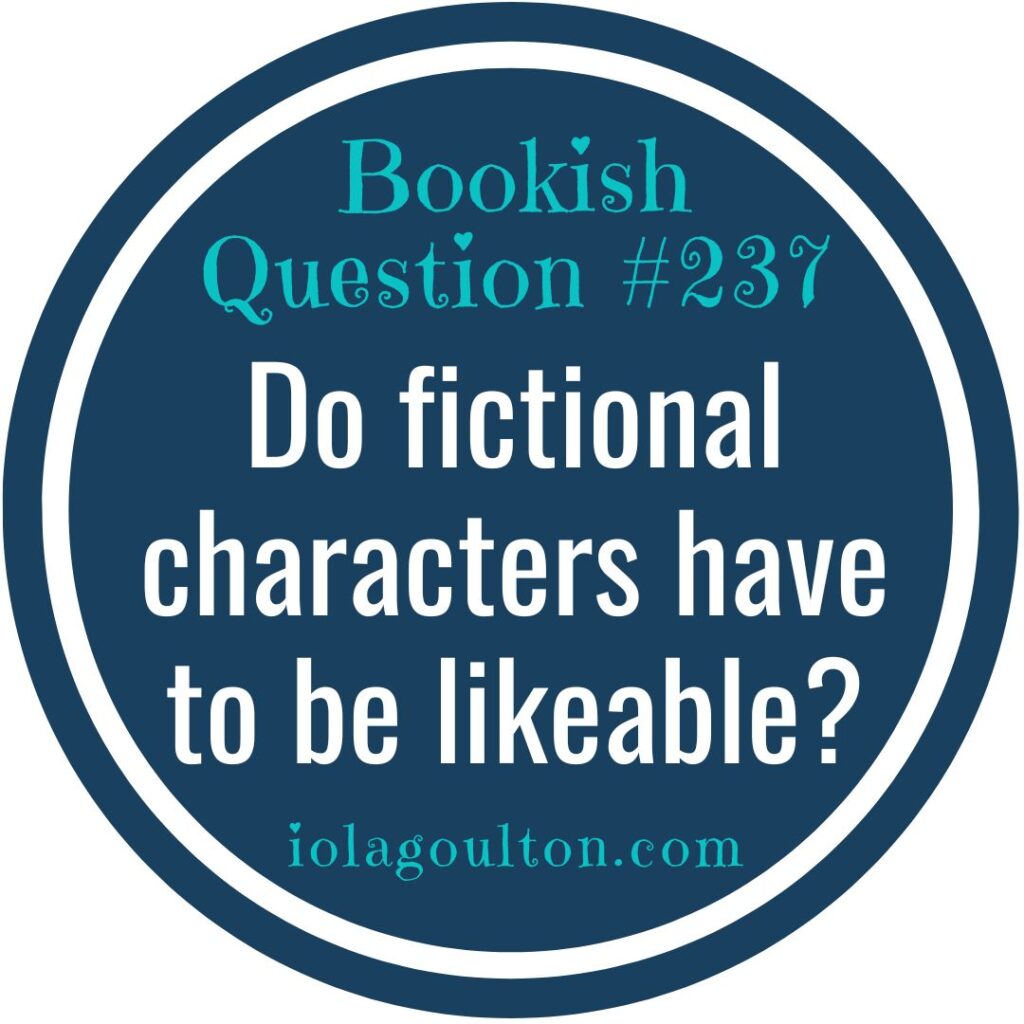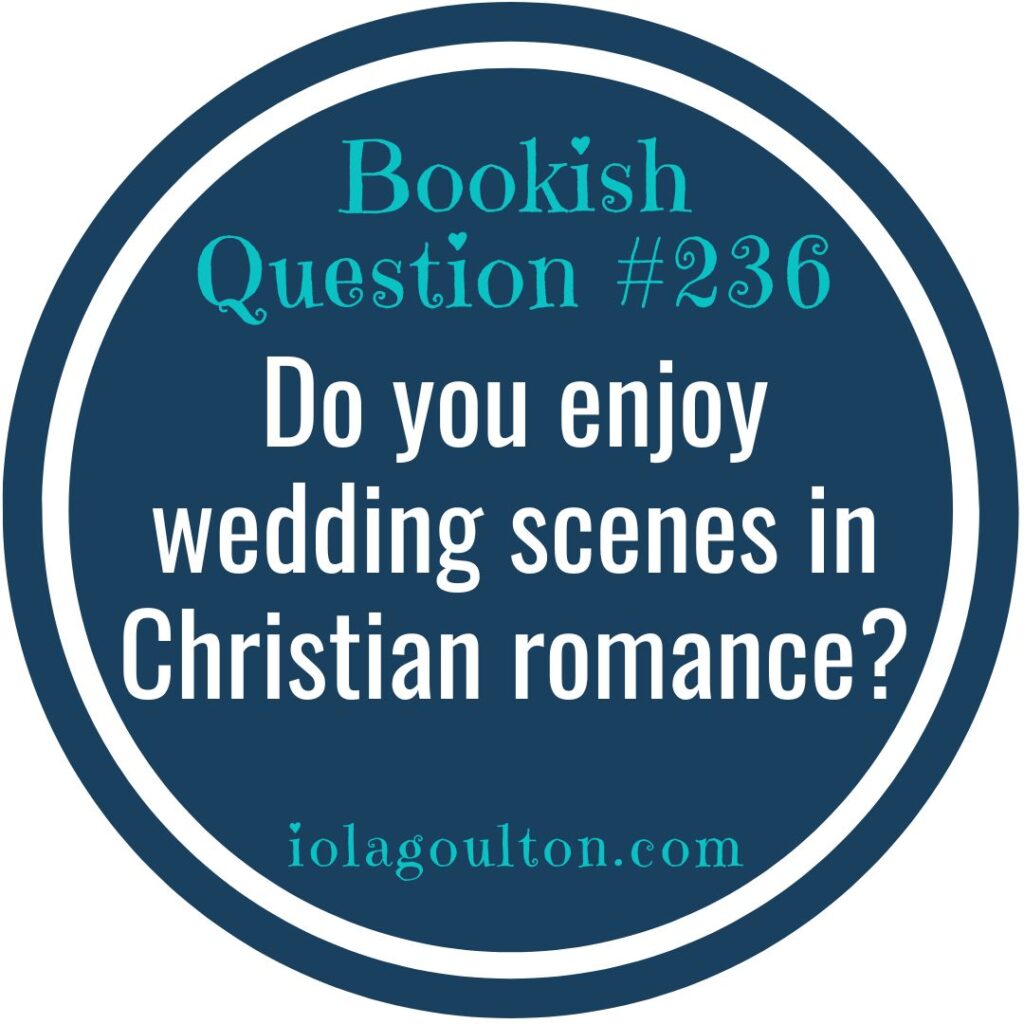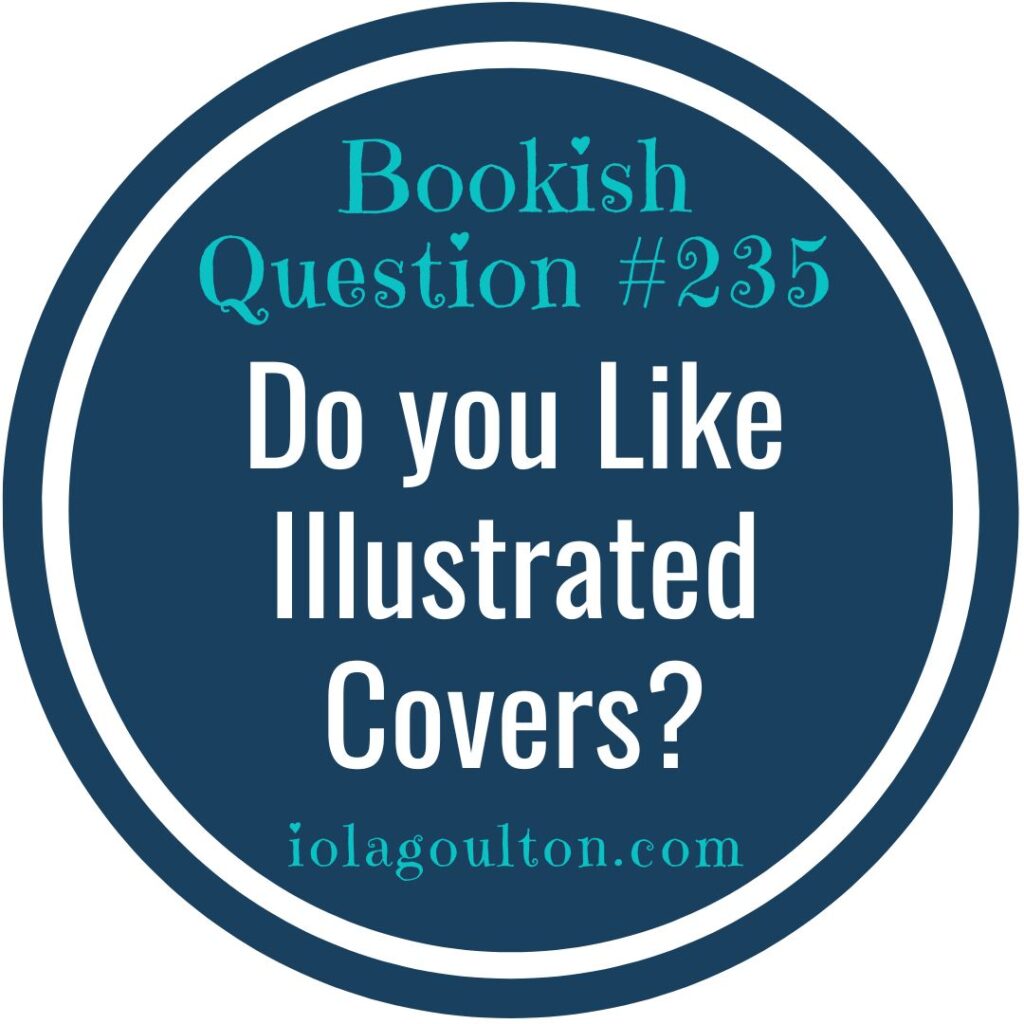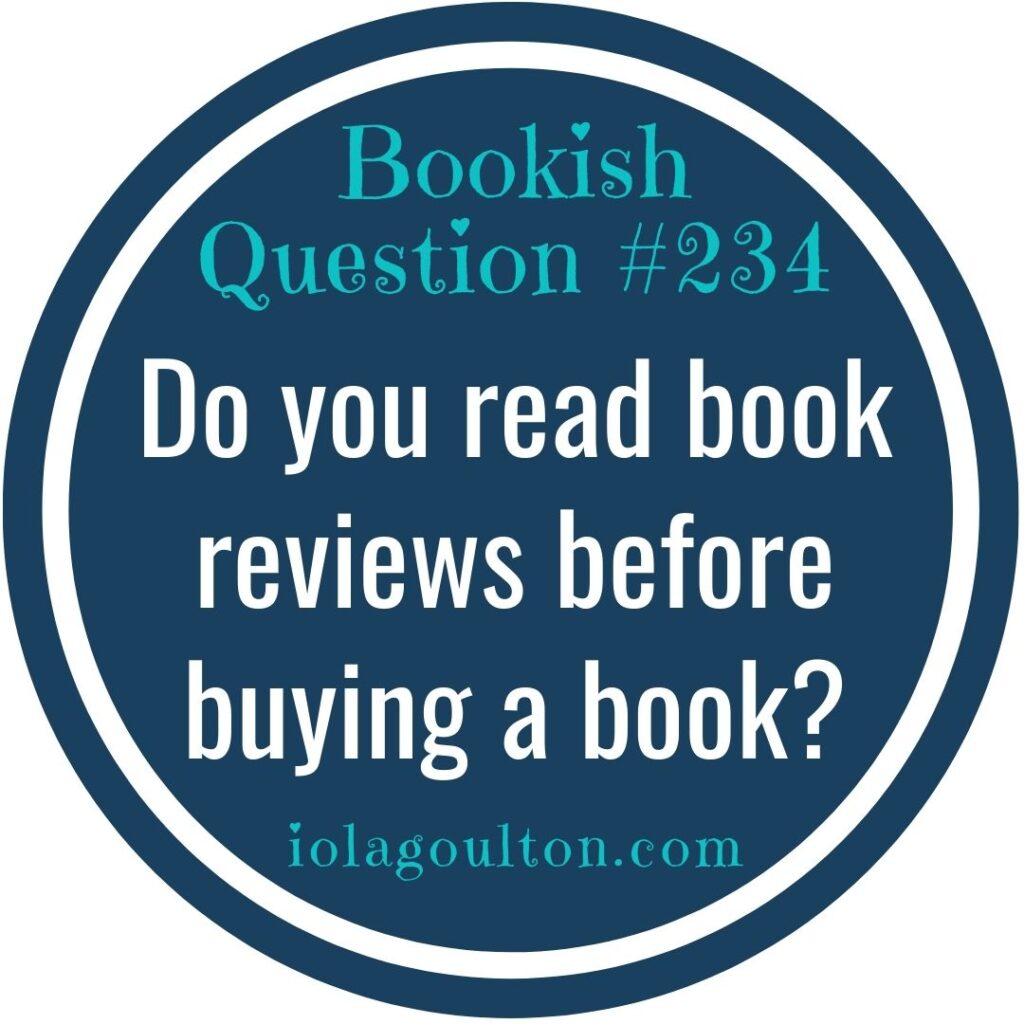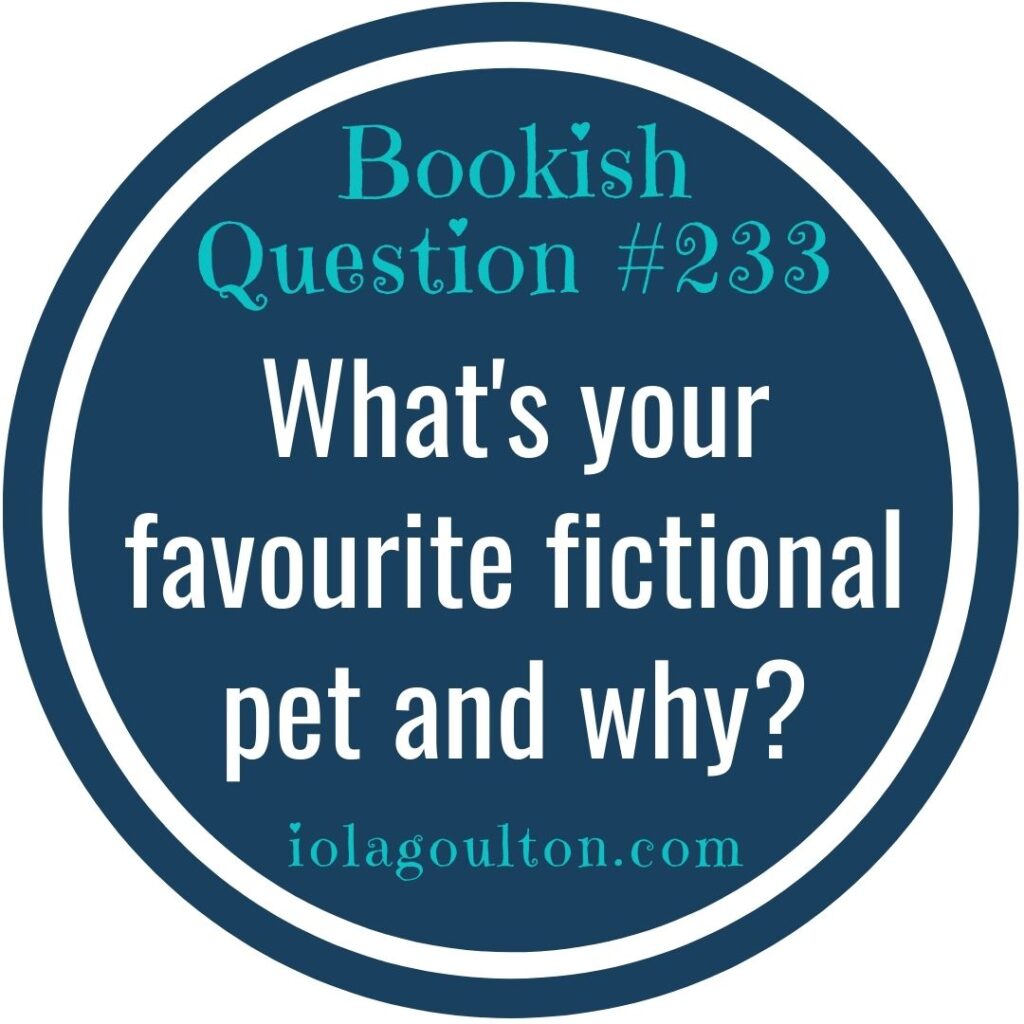Do you prefer romance novels with “just like you” characters, or stories with billionaires or royalty or superstars of some kind?
I tend to prefer characters I can relate to, which tend to be the “just like me” characters.
I don’t mind the occasional sports star or rock star or actor. They add interest, and glimpse into a different world … especially if they’re paired with a more relatable character.
I’m not normally a big fan of royalty romance, but I did enjoy In Search of a Prince by Toni Shiloh (a Christian twist on The Princess Diaries, set in a fictional African island kingdom). I have the sequel, To Win a Prince, on my to-read pile.
But there are exceptions.
For example, I enjoy Regency Romance (and Victorian and Georgian romance), and stories in those time periods often feature the affluent members of the upper classes, if not actual royalty. Many of these characters are rich—not billionaires, but certainly the equivalent in their times.
For example, I have read and enjoyed several series set in the Restoration era, such as the Empire State series by Elizabeth Camden (starting with A Dangerous Legacy). But I’m not as much of a fan of billionaire romance, although there are exceptions.
So I guess I don’t mind reading about royalty or rich people in historical romance. But I definitely prefer the main characters in contemporary romance to be “just like me” characters.

